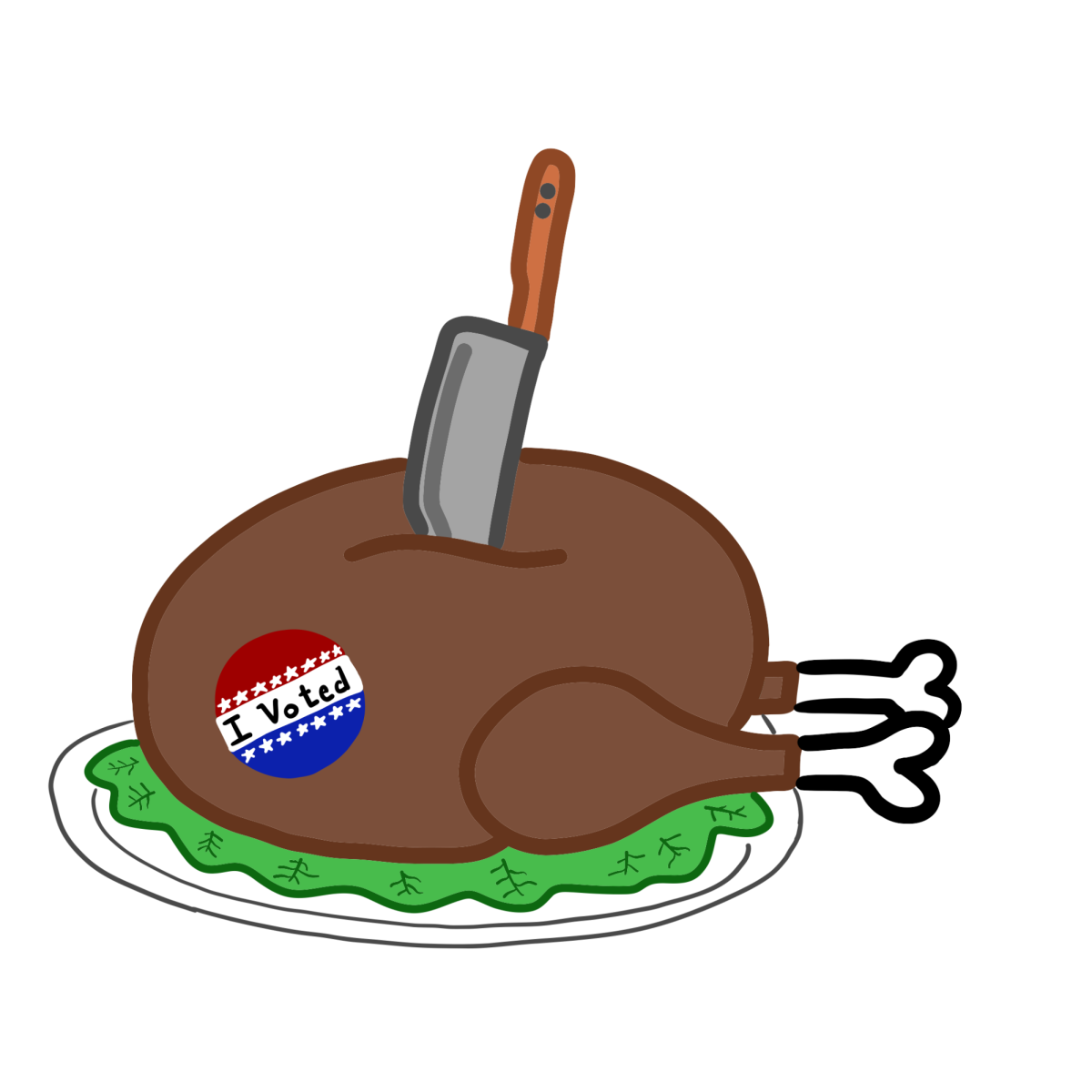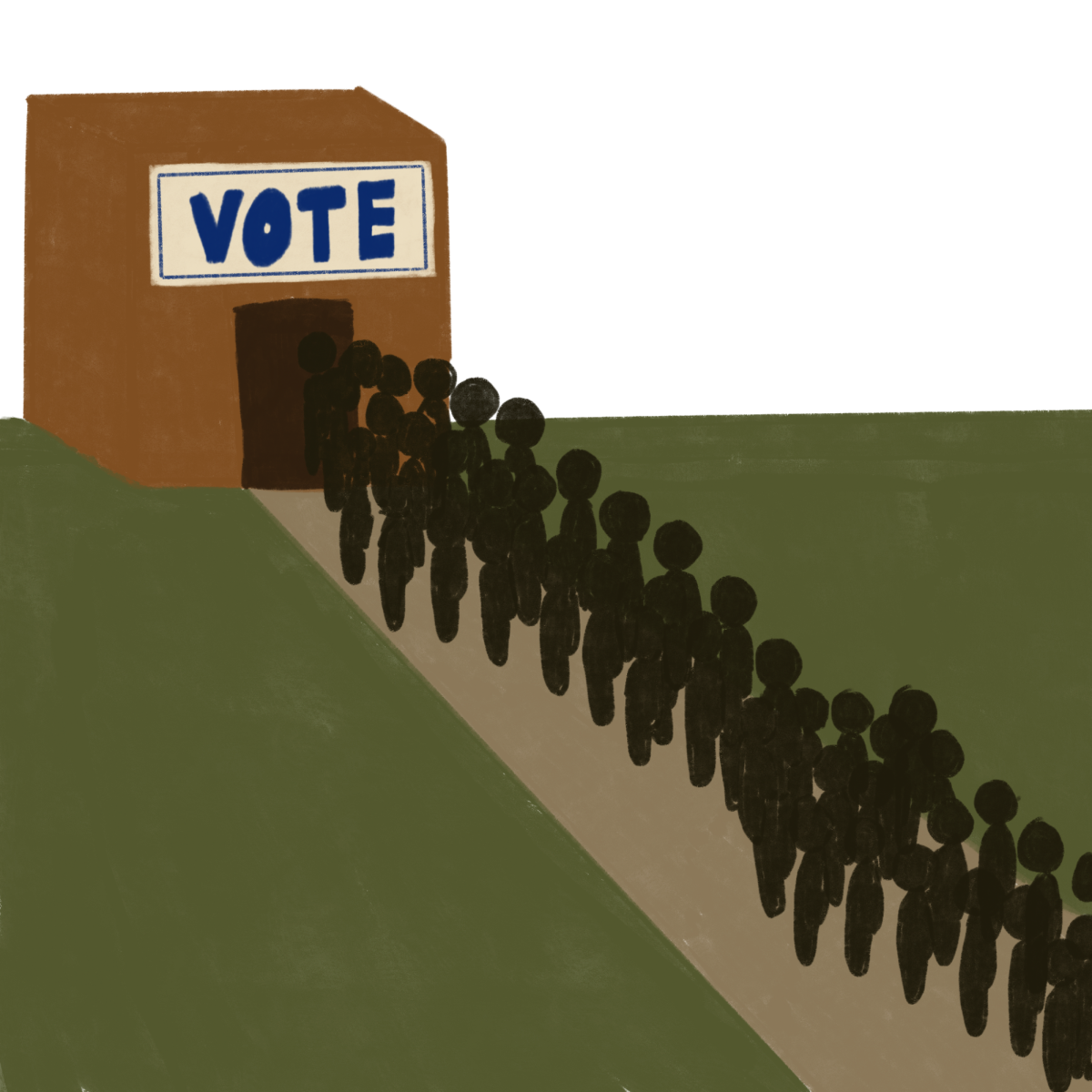According to Appleseed, a research company, payday loans do not necessarily affect the population that may come to your head when you answer the question who takes out payday loans? The majority of payday consumers are single Latina mothers who are one sick child away from not being able to put food on the table, pay for rent or other bills. These are women who are living paycheck to paycheck and little do most consumers of payday lending know is that this system is a way to catch individuals in a debt trap. Single mothers are not the only population affected by predatory lending. Our grandparents, youth and minorities in Texas are continually targeted and their fees make up 90 percent of payday companies’ surplus of money.
Not to mention that payday lending fees and loans need regulations as companies can charge up to a 600 percent annual percentage rate. Individuals end up paying three to six times more than their small dollar amount loan. A real-world scenario to give readers a better picture of what is going on with payday lenders in Texas currently from a website called Victims of Payday: Sandra Meyer took out her first payday loan for $100 with an $18 fee. She called the payday loan company and asked what was required to take out a loan. All she needed was a source of income and a banking account, so she walked into the shop, and walked out 15 minutes later with the loan. Sandra got caught up in the payday lending debt trap, taking out multiple loans to pay the fees on each one as they became due. At one point, she was paying $300 every two weeks for four different loans. Over a six month period, this added up to $3600, however, she wasn’t in the trap much longer, she paid off loan after another until she lost her job and could no longer keep up with the fees. She filed for bankruptcy and ruined her credit forever, to say the least. Another example from Victims of Payday is a single mother named Clara Fernandez who has a 15-year-old son. They lived in a home that they helped build through the Habitat for Humanity project. Clara works full time at a grocery store, however, she receives no child support and struggles to manage her expenses. At times she works a second part-time job, but when that store was closed down, the income was lost. She heard about payday loans through the radio and decided to give it a try. Eventually, Clara could not repay the loan, and the payday company deposited the check they were holding as collateral. The check bounced and both her bank and the payday lender charged her additional fees for insufficient funds. Now Clara’s hopes for keeping her Habitat for Humanity house are dimmed.
There is no doubt that the four-billion-dollar a year industry needs increased regulations just as any business in Texas would have to follow. That way vulnerable individuals and families such as Clara and her son and Sandra do not fall into the traps of payday loans. With the right amount of regulation and policy, individuals would be able to take out small dollar loans.












